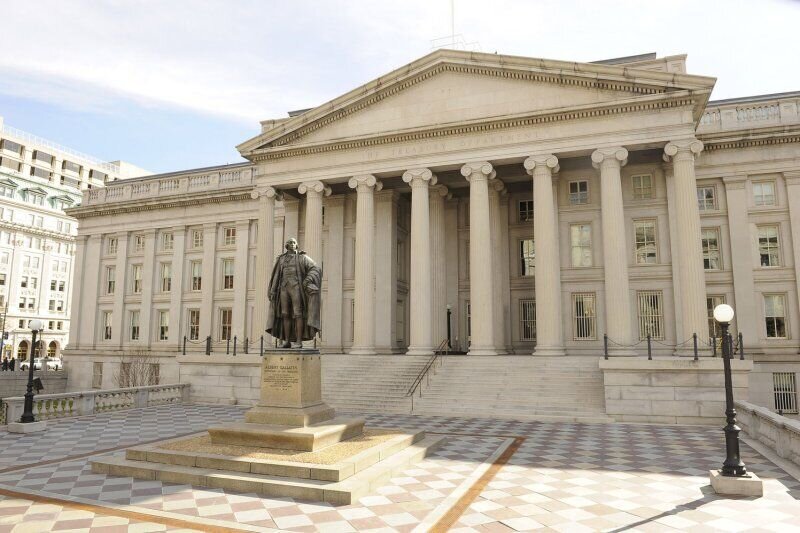US Treasury Unveils Tough New Sanctions on Iran During Ongoing Negotiations
In a significant move, the United States Treasury Department has unveiled new sanctions targeting tankers associated with Iran, aiming to disrupt the country’s oil supply chain. This measure comes amid ongoing discussions about Iran’s nuclear program and the potential easing of previously imposed sanctions.
According to a report from Al Jazeera, the U.S. Treasury’s Office of Foreign Assets Control (OFAC) has designated the China-based independent refinery, Shandong Shengxing Chemical Co., Ltd., for its involvement in acquiring over a billion dollars in Iranian crude oil. This oil included purchases made from a front company associated with Iran’s Islamic Revolutionary Guard Corps-Qods Force (IRGC-QF).
The Treasury’s announcement highlighted several key points regarding these sanctions:
- The sanctions target multiple companies and vessels that facilitate Iranian oil shipments to China.
- Included in these sanctions is a warning to any refinery, broker, or company that engages in the purchase of Iranian oil.
- The U.S. aims to disrupt all entities supporting Iran’s oil supply chain, which is purportedly used to finance terrorist activities.
U.S. Treasury Secretary Scott Bessent emphasized the risks involved for those who choose to engage with Iranian oil, stating, “Any refinery, company, or broker that chooses to purchase Iranian oil or facilitate Iran’s oil trade places itself at serious risk.” This statement reinforces the U.S. commitment to combating the financing of terrorism through Iran’s oil trade.
Furthermore, the U.S. Treasury’s update serves as a reminder for the global shipping and maritime industry to remain vigilant regarding sanctions evasion related to Iranian oil shipments. The statement from the Treasury included the following crucial information:
- The update is a continuation of a September 2019 advisory aimed at helping the shipping industry identify and navigate sanctions risks.
- Participants in the maritime industry, including shipping companies, vessel owners, insurers, and financial institutions, face significant exposure if they engage with Iranian-origin petroleum.
Currently, Iran is exporting approximately 1.6 million barrels per day (bpd) of crude oil and 0.4 million bpd of refined petroleum products via maritime routes. These shipments generate billions of dollars in annual revenue for the Iranian regime, which further complicates the geopolitical landscape.
The timing of these sanctions is particularly notable as they precede a scheduled meeting between Iranian and U.S. representatives, set to take place for the second time in indirect negotiations. The discussions, to be held in either Oman or Italy, will focus on the Iranian nuclear issue and the potential lifting of stringent sanctions.
This latest round of sanctions reflects the ongoing tension between the U.S. and Iran, with the U.S. intent on curtailing Iran’s ability to finance its activities which are seen as destabilizing to the region.
In conclusion, the U.S. Treasury’s recent sanctions against tankers linked to Iran underscore a robust enforcement strategy aimed at limiting the Iranian oil trade. As discussions continue regarding the nuclear issue, the implications of these sanctions could have far-reaching effects on both the Iranian economy and international relations.
For more updates on international sanctions and geopolitical developments, stay tuned to our news section.






